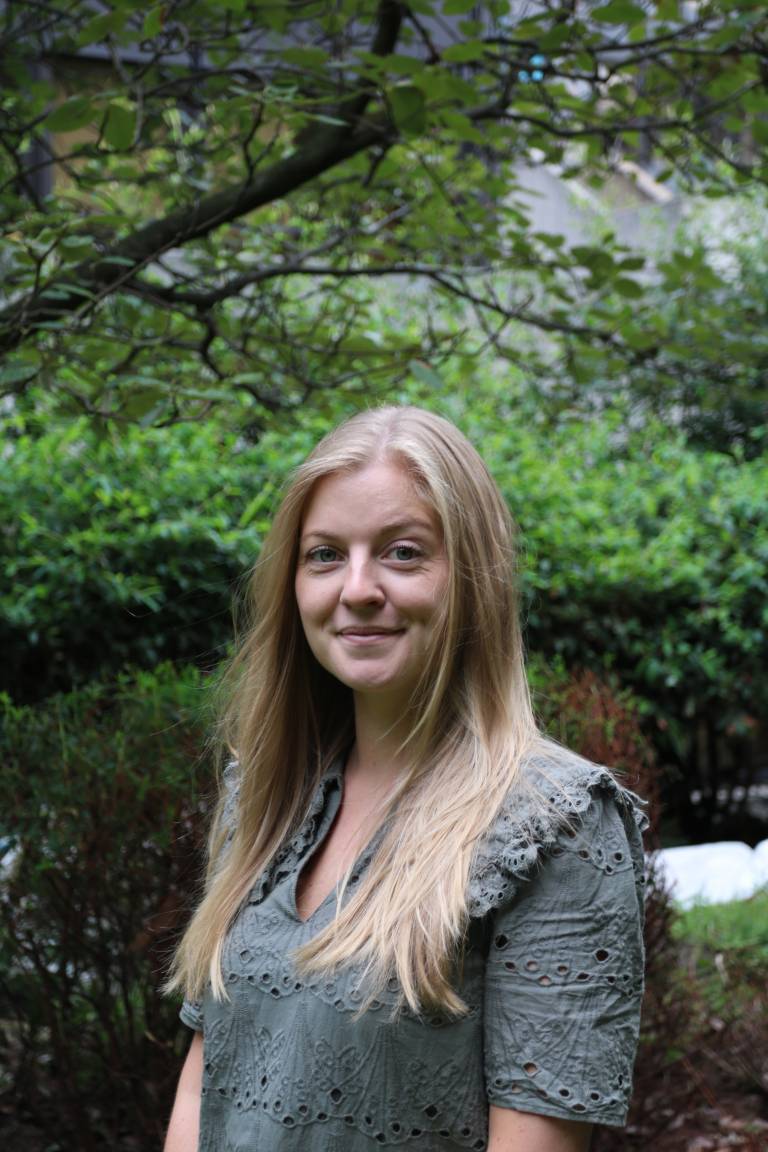Dr Emma Sumner is the Programme Leader for the MA in Special and Inclusive Education and also an Associate Professor of Psychology and Special Educational Needs.
What attracted you to take up your position at IOE?
I was initially interested in applying to work at IOE for two reasons. The first being the opportunity to work with and learn from world-leading academics. I knew a few people in the department at the time and had (still have) a huge amount of respect for them.
The second reason was that I really liked the real-world application of research conducted in the department. It was a direction that I wanted to take my research – thinking about how to translate findings to practice.
What do you most enjoy about your position and why?
Most of our students are practitioners and they have a wealth of knowledge about what is happening in the classroom. I really enjoy seeing their journey as they work through the Master's programme and particularly when they start to be critical of the research literature and evaluate evidence-informed approaches that they can take back to the classroom.
I also learn a lot from our students – our conversations often spark ideas for new research projects. It can be a two-way street for learning!
What working achievement or initiative are you most proud of?
I recently acquired funding from the Nuffield Foundation as Principal Investigator for a project that will explore how secondary students with specific learning difficulties are supported with access arrangements for exam purposes. At the moment, there is a real lack of evidence behind some of the decisions made and I’m really excited to dig deep and understand the current provision and best practices.
What is the focus of your research and what benefits do you hope your discoveries and/or insights will bring?
My research largely focuses on identifying and supporting language and literacy difficulties. I am particularly interested in how technology can be used to support children that struggle with reading and also to enable participation in education. I have collaborated with colleagues across psychology, education and occupational therapy. I hope that I can continue to identify where further support might be needed for students with literacy difficulties and what it might look like.
What's the most important thing you've learned from your students about the subjects you teach?
The importance of the pupil's voice - in terms of the children that we are talking about in class (whether we’re discussing how interventions may work or including children in research), but also the students on our programme too. In both cases, it’s about listening to feedback and what others want or need, rather than assuming we know best.
Do you think being in London and at UCL benefits your work and why?
Definitely! Especially in terms of opportunities that arise. I feel so lucky for the opportunities that come in through my department. It’s often hard to say no to them, as I find it all so fascinating. There are also many opportunities to network with other academics with similar interests and with key stakeholders (e.g. the Department for Education).
What other subject outside of your area of specialism interests you?
My undergraduate degree was in psychology and biology, and at one point I was considering going down the route of forensics (I was hooked on crime novels at the time!)
What might it surprise people to know about you?
I am quite musical. I play the violin and piano and was in the Moorlands Symphony Orchestra during my teens. I also have a love for music festivals having attended Glastonbury a number of times, as well as many more across the UK and internationally!
Is there anything else you would like to add about your experiences at UCL or IOE?
I would really like to acknowledge the diversity of our students and what this brings to the teaching and learning experience. We can all learn so much from one another and I love that our students come ready to share their experiences and eager to learn.
Last updated 13 September 2022.
 Close
Close


